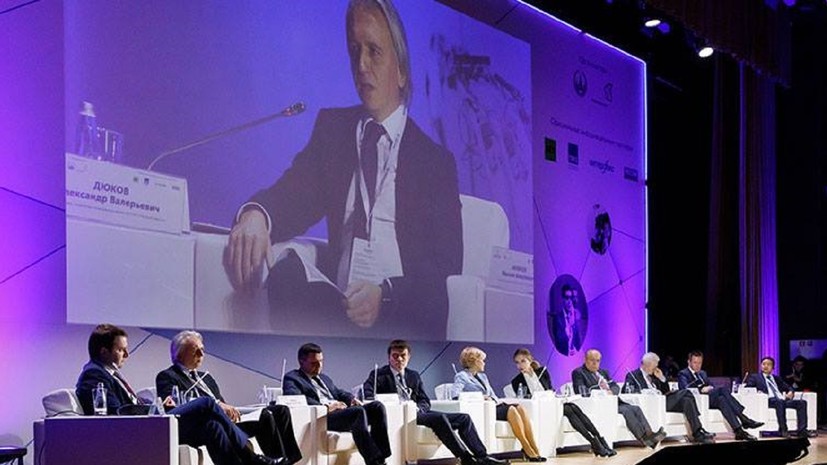The development of technology in the world may lead to the disappearance of some of the mass and intellectual professions by 2030. This view is shared by the rector of the Moscow State University named after Lomonosov (Moscow State University), Viktor Sadovnichy.
“By 2030, it is already confidently predicted that mass professions will disappear: driver, seller, call center operator, postman. Some intellectual professions that require higher education will disappear: an accountant, a legal adviser, a referent translator, ”said Sadovnichy on the sidelines of the VI Congress“ Innovation practice: science plus business ”.
According to a study by the World Economic Forum (WEF), by 2022 global automation will reduce about 75 million jobs. At the same time, the massive introduction of innovations will be able to compensate for the losses and additionally create about 130 million vacancies.
“The introduction of artificial intelligence technology and robotics could bring the world economy an additional $ 15.7 trillion by 2030. Automating everyday tasks and administration will allow company employees to focus on more complex work. At the same time, product development will become more flexible, because machines can more quickly analyze customer needs, ”WEF experts say.
According to Viktor Sadovnichy, in ten years, it will be specialists in the field of artificial intelligence and 3D technologies that will be most in demand. Moreover, in Russia, digitalization will not provoke a jump in unemployment. This was announced at the end of November by First Deputy Prime Minister and Minister of Finance Anton Siluanov.
“Many fear digitalization, a new economy and unemployment. Nothing like this. In other countries, there is also a technological breakthrough, there is no unemployment due to the release of jobs. We have absolutely no fears that we will get social negativity, ”Anton Siluanov said.
According to Siluanov, citizens who have lost their jobs due to automation will be able to undergo a retraining program. At the same time, digitalization will create skilled and highly paid jobs, and will also strengthen business activity in the country.
Note that the development of the digital economy is one of the national projects in Russia. We are talking about the goals set by President Vladimir Putin, and the fulfillment of which should lead to accelerated growth of the country's economy to a level above the global average by 2024.
As Deputy Prime Minister Maxim Akimov previously stated, from 2020 to 2024 it is planned to allocate 258 billion rubles from the budget for the development of the digital economy. At the same time, the volume of private financing of the industry will amount to about 50 billion rubles a year.
“This is an unprecedented resource. We have not yet supported the technology track with such amounts for all development institutes. If we take the volume as a whole, it significantly exceeds what has been done over the past ten years, ”the statement of Maxim Akimov, published on the official website of the Digital Economy 2024 project, says.
However, as participants in the Congress “Innovation Practice: Science plus Business” noted, for the successful development of digitalization, appropriate investments in human capital and the development of values are necessary.
“Technical innovations, which are today part of the overall process of economic development, cannot be successful outside of cultural and social innovations. The values inherent in childhood become the basis of a person’s personal and professional success. Therefore, it is very important that the family-child-school bond works as a coordinated mechanism for the formation of basic knowledge and skills, ”said Natalya Popova, First Deputy Director General of Innopraktika Non-Governmental Development Institute.
The annual Congress "Innovation Practice: Science Plus Business" is organized by Moscow State University and the Innopraktika company. Traditionally, representatives of science and education, as well as Russian entrepreneurs, participate in it.
This year, the central event of the congress was the plenary session “Cultural code” of the economy: we are all from childhood. ” Among the speakers were MSU Rector Viktor Sadovnichy, Deputy Prime Minister Olga Golodets, Minister of Education Olga Vasilyeva, Minister of Science and Higher Education Mikhail Kotyukov, Head of Gazprom Neft Alexander Dyukov, and Minister of Agriculture Dmitry Patrushev.

